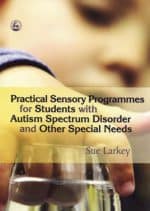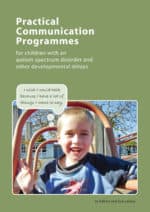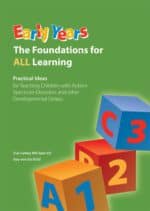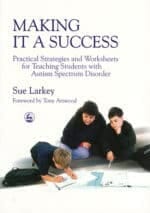
**************************************
Join me for an upcoming Workshop:
Can't make these Workshop dates? Join me for a self-paced on-demand course:
Sue Larkey On-Demand Workshops
**************************************
Teacher and Parent/Carer Guide to NDIS
Interview with Nicki Powell
Link to Nicki’s Website for – https://www.nickipowell.com.au/
Introduction:
Teacher’s and Parents/Carers Guide to Navigating the NDIS for Your Child and how to support families This post aims to provide parents and educators with a comprehensive guide to understanding and accessing the National Disability Insurance Scheme (NDIS) for children with special needs.
Understanding the NDIS The NDIS is an Australian scheme designed to support persons with disabilities, including children with conditions like Autism, ADHD, and ODD. It offers financial support for therapies, educational aids, and other resources crucial for a child’s development.
The six key functional domains that the NDIS considers when assessing the functional capacity of a child, as mentioned in the podcast transcript, are:
- Learning
- Socialization
- Communication
- Self-management
- Self-care
- Mobility.
The Journey to NDIS: A Parent’s Perspective Hear from Nikki, a parent who has successfully navigated the NDIS. She shares her experiences, highlighting the importance of being prepared and understanding your child’s unique needs when communicating with the NDIS.
Key Points for Educators and Parents
- Understanding Functional Capacities: Learn about the six functional domains NDIS focuses on and how to align your child’s needs with these areas.
- Navigating Meetings and Paperwork: Tips on how to prepare for NDIS meetings and efficiently handle the required documentation.
- Setting Realistic Goals: Insights into setting short-term and long-term goals within the NDIS framework, tailored to your child’s individual needs.
Practical Tips and Resources
- Collaboration with Schools: Learn how educators can support your NDIS application through individual education plans and assessments.
- Family Impact Statements: Guidance on how to articulate your family’s daily challenges and needs in your NDIS application.
- Finding the Right Therapies: Explore various therapy options, including occupational therapy, speech therapy, and play-based therapies suitable for different age groups.
Teachers can play a vital role in supporting children with special needs who are navigating the NDIS process. Here are specific ways teachers can help:
- Assessing Functional Capacity in the Classroom: Teachers can evaluate and document the child’s functional capacity in the classroom, focusing on aspects such as handwriting skills, behavior, social interactions, and learning abilities.
- Developing Individual Education Plans: Creating detailed Individual Education Plans (IEPs) for students with special needs is crucial. These plans should outline the supports required in the classroom and can be instrumental in the NDIS process.
- Providing Documentation for NDIS Applications: Teachers can assist by providing necessary documentation, such as letters or copies of the IEP, to support a family’s NDIS application. This is particularly helpful for families who may not have the resources to obtain functional assessments or reports independently.
- Advocating for the Child’s Needs: Teachers should focus on advocating for the child’s needs in their educational environment. This involves being honest and comprehensive in their assessments and reports, ensuring that these documents accurately reflect the child’s needs and challenges.
These actions by teachers can significantly contribute to a more accurate and effective NDIS application process, ultimately benefiting the child’s educational and developmental journey.
Navigating NDIS Management Options Understand the differences between NDIA managed, plan managed, and self-managed funds. Learn how each option affects your choice of service providers and the administrative responsibilities involved.
Conclusion: Empowering Your Family’s Journey The NDIS journey can be complex, but with the right knowledge and support, it can be a path to empowerment. We hope this guide provides valuable insights and resources for parents and educators alike.
External Resources:
- National Disability Insurance Scheme (NDIS) Official Website: For comprehensive information about the NDIS, visit the official NDIS website[1].
- Find a Registered Provider: If you need to find NDIS registered providers, you can use the Provider Finder[2].
- Plan Implementation Directory: For help in understanding, using, and managing your NDIS plan, refer to the Plan Implementation Directory[3].
- Contact Information for NDIS: To contact the NDIS, you can call or chat through the Contact page[4].
- Using the myplace Portal: To learn about using the myplace Participant Portal, visit How to Use the myplace Portal[5].
- Privacy Policy of NDIS: For information on privacy and external links policy, check out the Privacy page of NDIS[6].















 Sorry we no longer ship items outside Australia. Please consider the digital versions of Sue’s Books –
Sorry we no longer ship items outside Australia. Please consider the digital versions of Sue’s Books – 